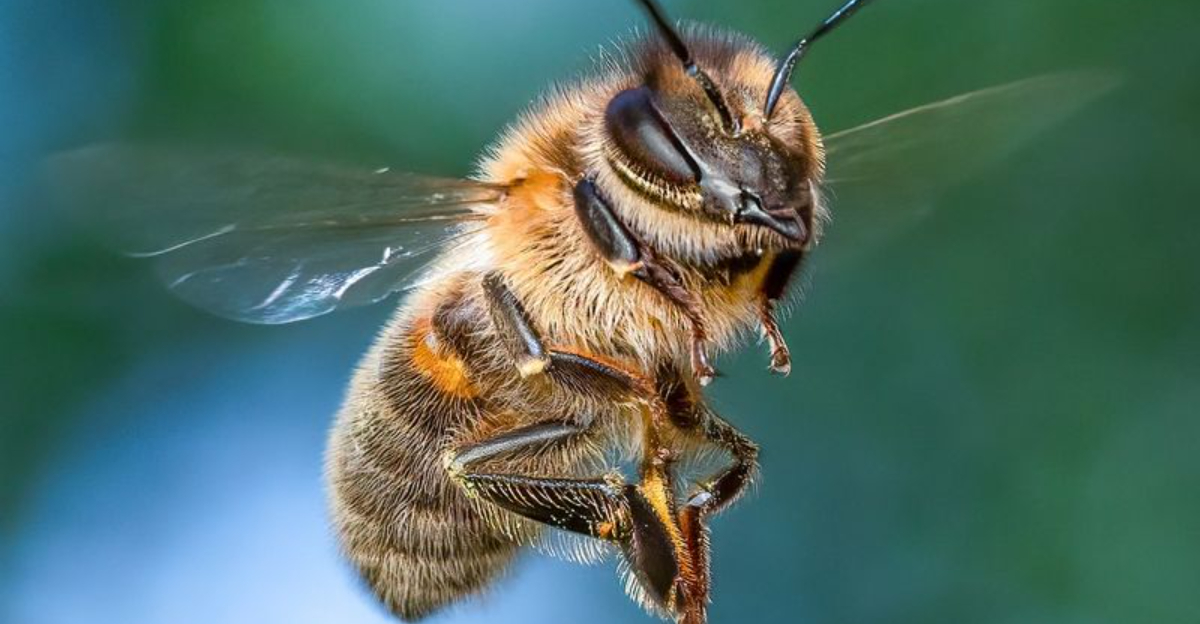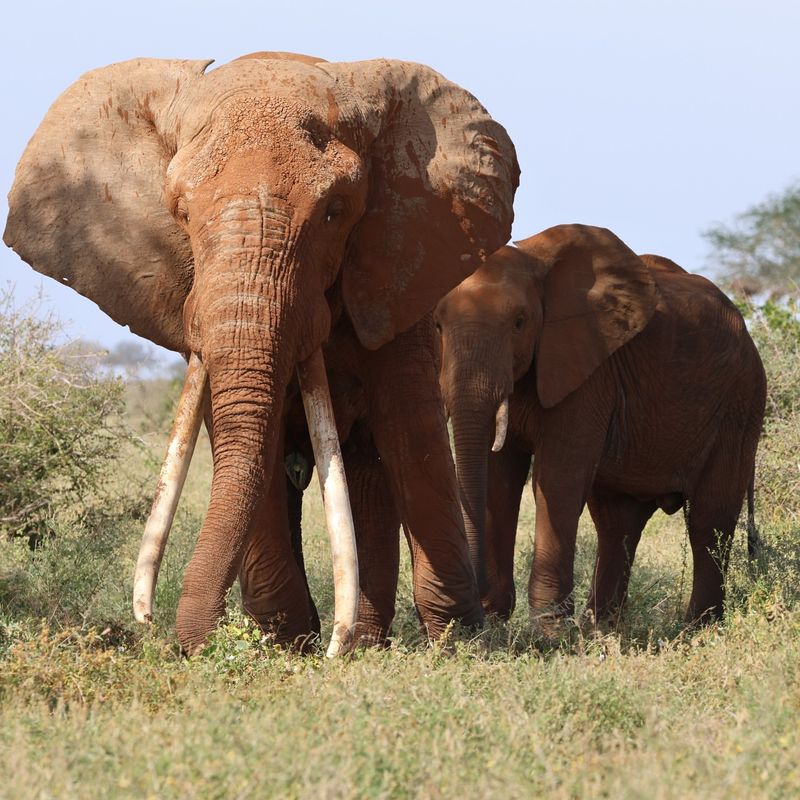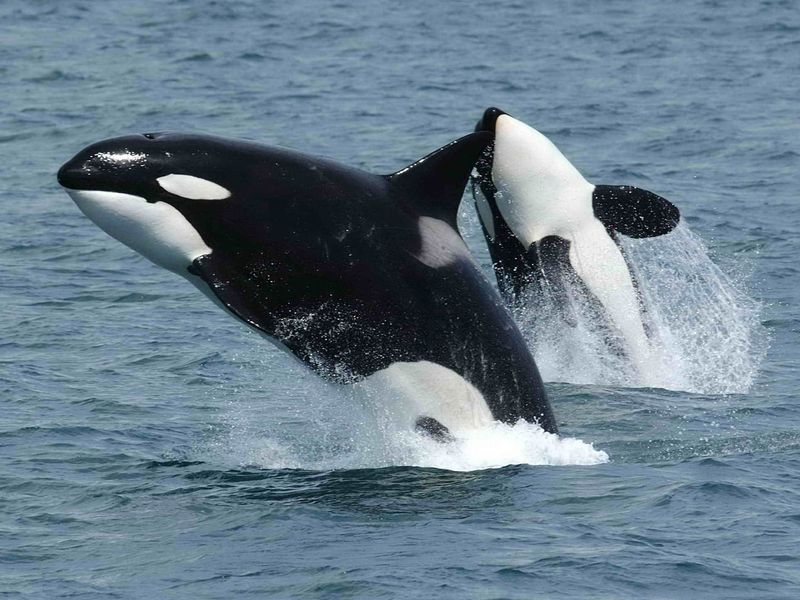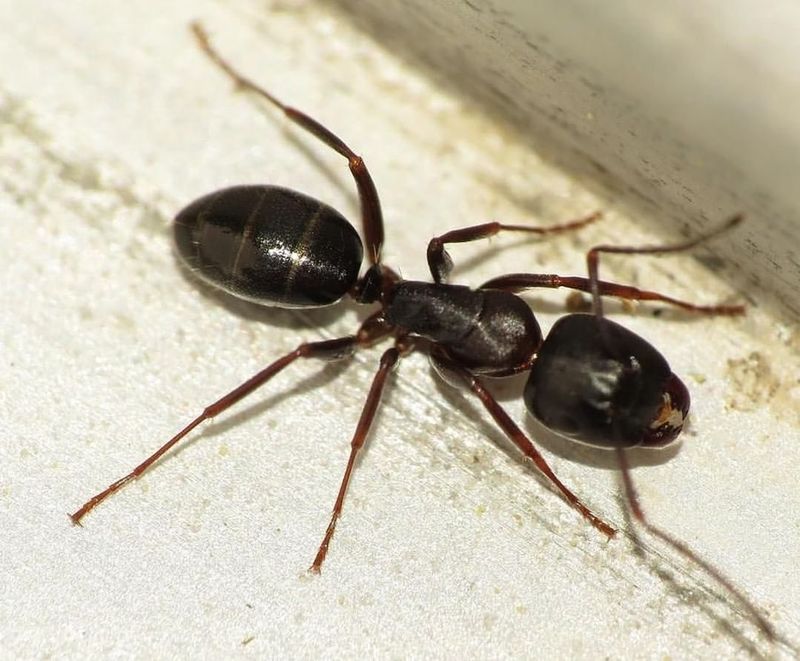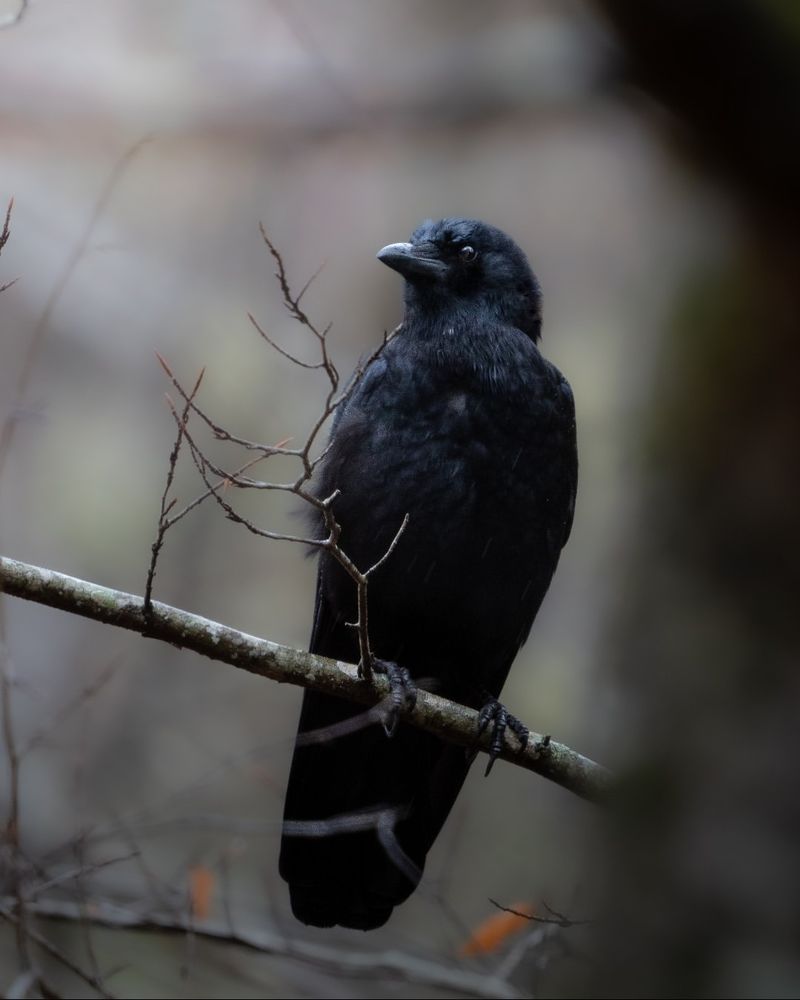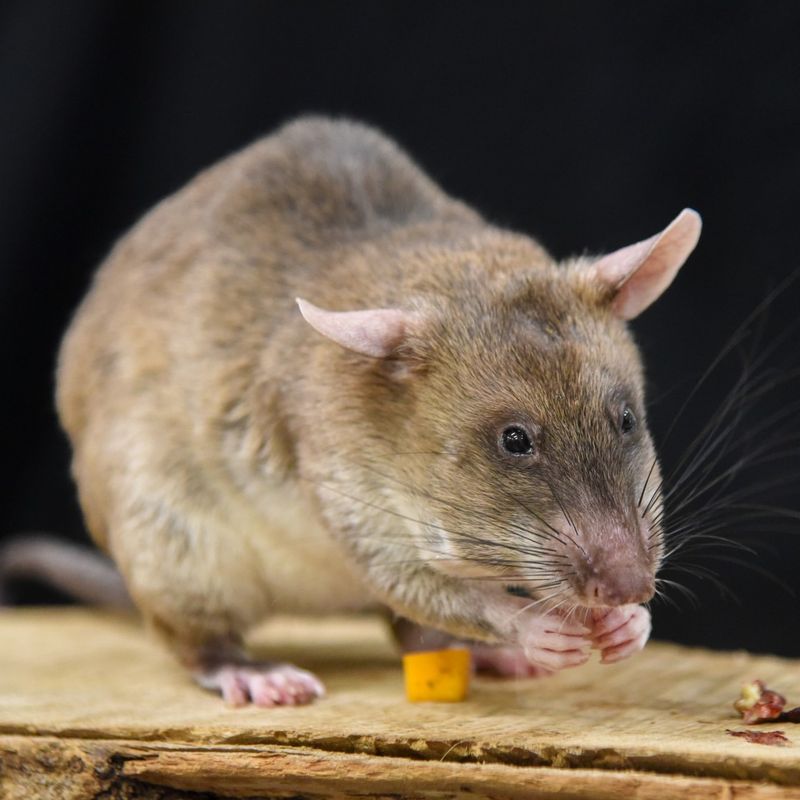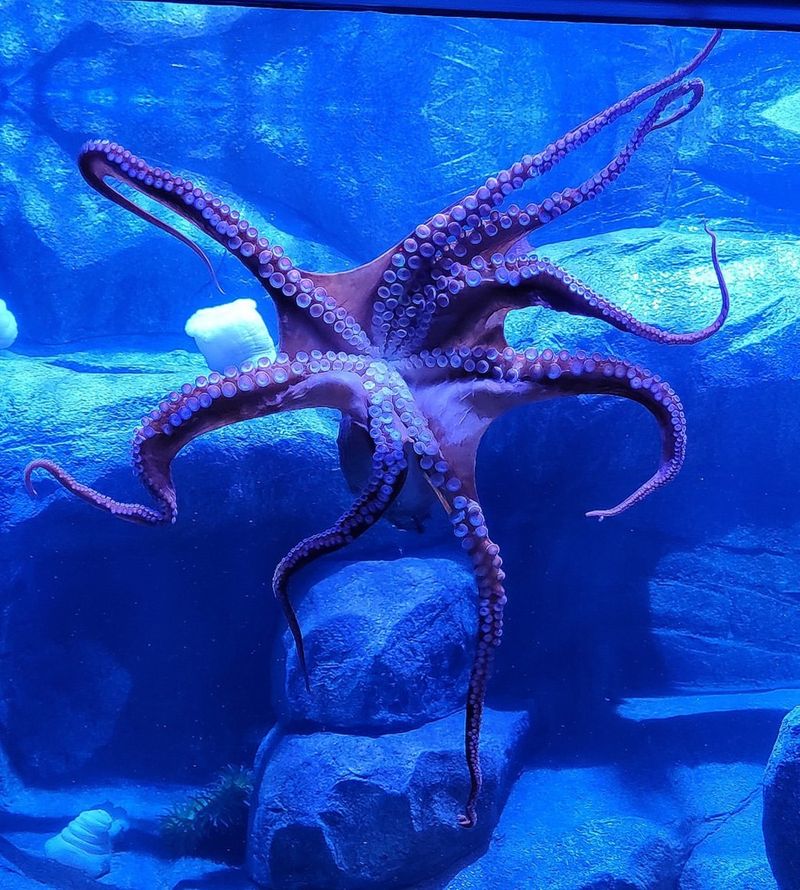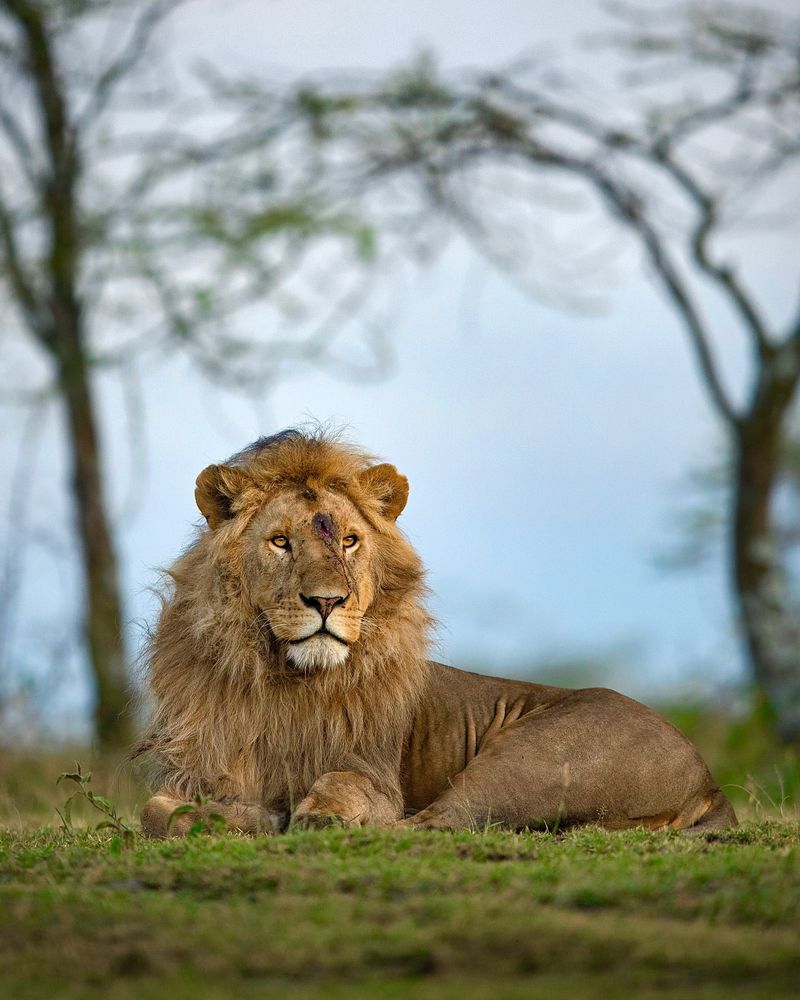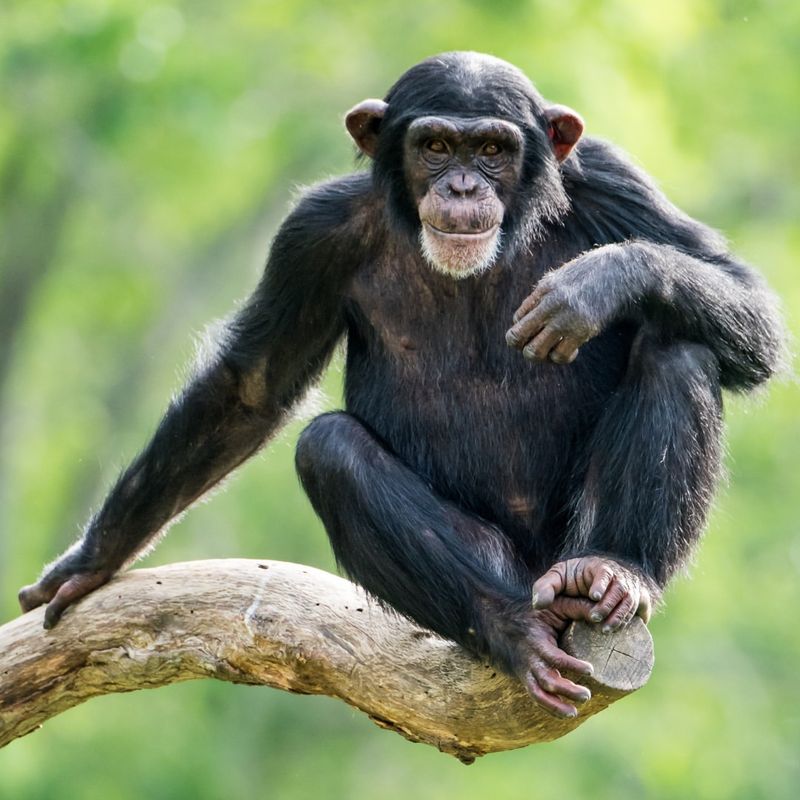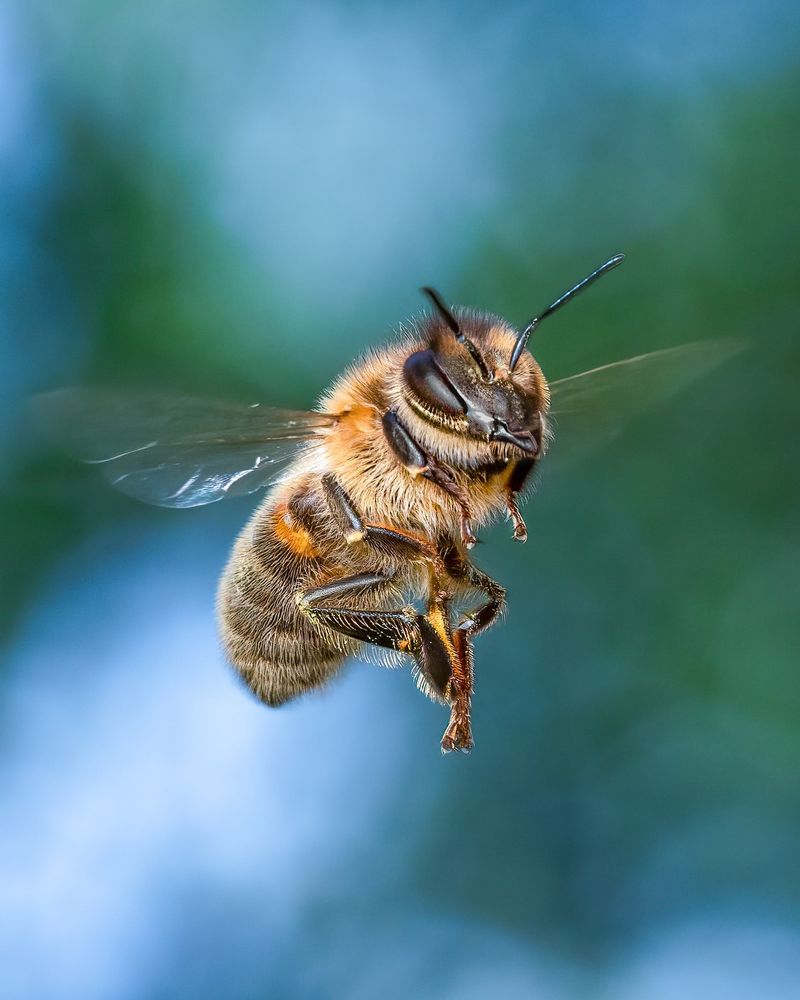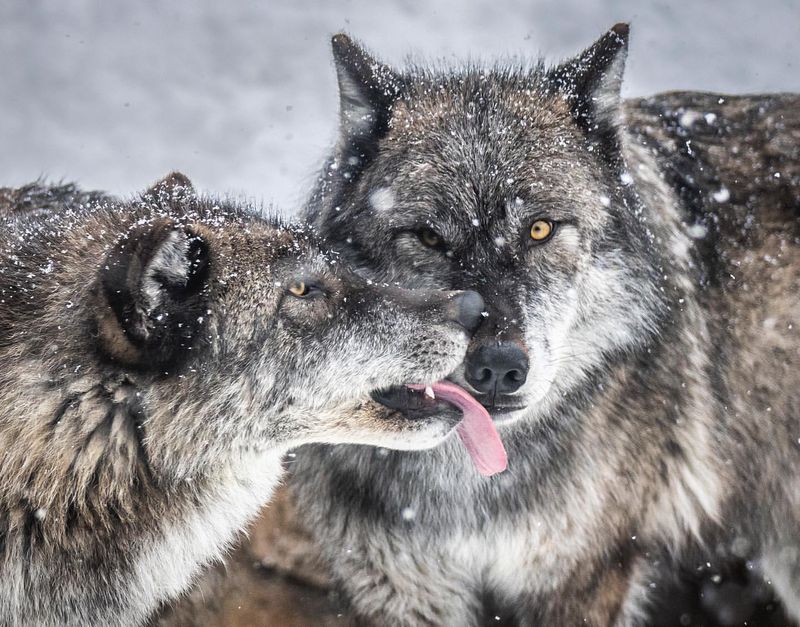📖 Table of Content:
Imagine a world without humans, where nature begins to reclaim its space. In this new reality, certain animals would have the opportunity to rise to the top of the food chain, dominating ecosystems. Each species, with its unique traits, could adapt to a world free of human influence and create its own balance in the environment.
From land to sea, a variety of creatures could take over the planet’s different habitats. Some animals are already well-equipped to survive and even thrive in a world without human interference. With their ability to hunt, adapt, or outlast other species, these animals could quickly find themselves in positions of power in the natural world.
As these animals step into the roles once held by humans, the planet would look vastly different. New ecosystems would emerge, shaped by the needs and behaviors of these dominant species. The world would transform as nature, once again, takes charge in a completely new way.
1. Elephants
With their immense size and intelligence, elephants are primed to become rulers of the terrestrial realm. Their complex social structures often mirror human communities, showcasing deep bonds and cooperation. Through their foraging habits, these gentle giants could reshape ecosystems, altering landscapes and promoting biodiversity.
Elephants can create water holes and clear paths through dense forests, influencing the habitats of countless other species. Their long memories and problem-solving abilities would help them adapt to new challenges.
In a human-free world, elephants’ stewardship of land could lead to rich, diverse environments, where many species could flourish.
2. Orcas
Orcas, or killer whales, are apex predators with no natural enemies, making them potential rulers of the seas. Their intelligence and teamwork in hunting set them apart. Orcas use sophisticated communication methods to coordinate with each other in hunting strategies.
They can adapt to various marine environments, from the Arctic to tropical waters. Orcas’ ability to hunt large prey, including whales, ensures their dominance in the oceanic food chain.
With humans out of the picture, these marine mammals could expand their territories and influence across the globe’s waters.
3. Ants
Among the most industrious creatures, ants excel at building intricate colonies and ecosystems. Their vast numbers and exceptional teamwork enable them to dominate nearly every terrestrial environment. Skilled in resource management, ants are capable of farming fungi and herding aphids, ensuring their survival and success.
Their ability to adapt and thrive in various climates makes them likely rulers of many ecosystems. Ant colonies can significantly alter their environment, affecting soil quality and plant growth.
In a human-absent world, ants’ industrious nature could lead to the rise of expansive, well-organized micro-ecosystems.
4. Crows
Incredibly intelligent, crows are renowned for their problem-solving abilities and tool use. They thrive in urban environments, swiftly adapting to new challenges. With complex vocalizations and the ability to mimic human speech, crows demonstrate remarkable communication skills.
In the absence of humans, crows could become more dominant, using their intelligence to exploit available resources. Their adaptability allows them to thrive in diverse environments, from cities to forests.
Crows’ social structures and learning abilities could enable them to navigate and influence various ecosystems without human interference.
5. Rats
Adaptable and resilient, rats thrive in human environments, making them likely candidates to rise to dominance if humans disappeared. With a high reproductive rate and the ability to survive on diverse food sources, they could quickly establish large populations. Their intelligence and excellent memory further equip them to navigate and conquer new territories.
In a world without humans, rats would exploit abandoned urban areas, turning them into thriving habitats. Their scavenging habits could lead to cleaner environments as they consume leftover waste.
Rats’ resilience and adaptability would ensure their survival and potential dominance in many ecosystems.
6. Octopuses
Highly intelligent, octopuses are renowned for their problem-solving abilities and camouflage skills. Their adaptability and learning capacity make them formidable creatures of the ocean floor. With the ability to manipulate their environment, octopuses use shells and rocks for protection, showcasing their resourcefulness.
With humans gone, these cephalopods could expand their territories, interacting with various marine species. Their intelligence allows them to outsmart predators and capture prey efficiently.
Octopuses’ unique abilities to blend with their surroundings and solve complex challenges could enable them to thrive as influential marine leaders.
7. Lions
As apex predators, lions dominate the landscapes they roam. Their social structures, built around prides, offer strength in unity and cooperation. With evolved hunting strategies, lions often work together to capture large prey efficiently.
Without humans, lions could extend their territories, leading to a balance in prey populations. Their role in controlling herbivore numbers is crucial for ecosystem health.
In a human-free world, lions’ dominance could stabilize ecosystems, ensuring a natural balance between different species within the grasslands and savannas they roam.
8. Chimpanzees
Chimpanzees share many genetic similarities with humans, showcasing remarkable intelligence and social complexity. Their ability to use tools and communicate makes them potential rulers if humans vanish. Chimpanzees are adaptable, and thrive in diverse forest environments.
They form strong social bonds, working collectively to access resources and solve problems. Without human interference, they could expand their territories and influence.
Chimpanzees’ capacity for learning and adaptation might allow them to develop unique social systems, further impacting the ecosystems they inhabit, and perhaps even evolving in unexpected ways.
9. Bees
Playing a vital role in pollination, bees are essential to the health of ecosystems. Their structured colonies and unique communication through dances ensure efficient resource management. By aiding in the reproduction of countless plant species, bees help sustain biodiversity across the planet.
Without humans, bees would continue to pollinate plants, maintaining the balance of countless ecosystems. Their influence extends beyond plants, affecting animals that rely on those plants for food.
In a world devoid of humans, bees’ role in pollination could lead to flourishing ecosystems, sustaining a wide array of plant and animal life.
10. Wolves
Known for their social structure and teamwork, wolves are highly effective predators. A dominant pair leads their packs, ensuring organized hunting and territorial control. Through their hunting patterns, wolves influence prey populations and help promote biodiversity within ecosystems.
In the absence of humans, wolves could reclaim territories, restoring balance in many natural environments. Their presence controls herbivore numbers, preventing overgrazing and promoting forest regrowth.
Wolves’ ability to adapt and cooperate could see them thriving as key ecological players, maintaining the health of forests and grasslands worldwide.
